 |
| photo by Luigi Novi |
Grant Morrison is a genius. Let's get that out of the way.
No one denies the intensity of his creative imagination. He has been given accolades for writing some of the most iconic stories of classic superheroes. But there is a problem.
Morrison is a bad writer.
I feel very much in the minority here among not only industry insiders, professional critics, but also regular comic enthusiasts. Morrison is lauded for capturing the magic and majesty of superhero comics. So either I am dead wrong or I am the one jumping up and shouting "The Emperor has no clothes!" I shall leave it to you to decide.
My first experience with Morrison's work was in his classic run on
JLA. At the time, he was exactly what the franchise needed. He brought in the 7 Olympian heroes of the DCU and he put them in adventures that boggled the mind. Who can forget Green Arrow and the Atom taking out Darkseid or Superman wrestling with an angel? His run is full of great moments.
But that's just the thing: it is all moments, not stories. Morrison has an uncanny talent for setting a scene or an action that makes you take notice and say "Whoa." But his ability to satisfactorily close the circle and tell a satisfying story is very much lacking.
Take a look at his much lauded run on
JLA. He had built up a giant threat against the entire world that necessitated giving superpowers to everyone on the planet for a short time. While that is fascinating in thought, it was only mediocre in execution. The end lacked the necessary speactcle and cathartic impact, and it simply imploded anticlimactically.
His next most lauded work is
All Star Superman. The All Star line was one of DC's several attempts to compete with the Ultimate Marvel universe. And, once again, the plot is intriguing. Superman gets a lethal dose of solar radiation and is slowly dying. But rather than being a fascinating look into the soul of a righteous man who is doomed, Morrison always keeps you at arms length from Superman. His story is full of imaginative aliens and costumes, but it is ultimately empty. I could never care about his Superman because he was never humanized.
Morrison later took over
Batman. He is most famous for introducing Damian Wayne, Bruce's illegitimate son with Talia al Ghul, to the world. But he also introduced the comic world to the creatively named Dr. Hurt and Dr. Pyg. He based his Caped Crusader killing story,
Batman RIP, on an obscure story from early Batman called the Black Case Book. This culminated in a last page reveal that Batman has transformed into
the Batman of Zur-en-Arrh!
I think
my reaction was typical of Batman fans around the world.
It was at the same time that Morrison was being heaped with praise for his in-depth knowledge of Batman's past and for folding its sillier elements into continuity. But I had a different take: Morrison was showing off. Other writers like James Robinson and Geoff Johns also dove deep into obscure DC lore to inform their stories. But you never felt like you were on the outside looking in. Morrison always made you feel like you weren't smart enough to keep up, that only the REAL comic book aficionados would get his brilliant hat tips.
But his worst offense has got to be
Final Crisis. In the first issue he kills off Jack Kirby's New Gods, which had been in the works for awhile. But then he kills off DC icon the Martian Manhunter without any fanfare. To be fair to Morrison, he wanted its suddenness and senselessness to underscore the brutality of the killing. But then there is no chance to let the emotional resonance sink in at all. It was a slap in the face to an important character. It took another writer, the great Peter Tomasi, to give any closure to the Manhunter. But silly things like emotion and character couldn't stop Morrison from continuing his plot, which is, by the way, insane.
I won't bore you with all of the inane details, but not only does the story not make a lick of sense, but it also has the added of bonus of being filled with characters you don't care about and have probably never heard of for most of the book. And it is only after Darkseid is defeated and Superman builds his wish-granting machine (no, that is not a joke), that the main bad guy is revealed: Mandrakk!
I know, right? Can you believe it?!? Mandrakk!
Oh wait, you don't know who Mandrakk is and why he is so important that he is the main evil even more pre-eminant than Darkseid?
You are not alone.
In order to get even a hint at who Mandrakk is you would have had to have purchased the psychedelic 3-D tie-in Superman Beyond, that featured... actually it was so strange I couldn't explain it to you except that there were a bunch of Superman from differnent dimmensions, including Barack Obama. Anyway Mandrakk is introduced there. So when he appears in the last issue of Final Crisis, it was supposed to Blow. Your. Mind!
Oh, and Batman gets sent back in time by Darkseid's eye beams, even though they've never done that ever in the history of the character.
As I said, Grant Morrison is a genius. But I think the problem with being called a genius is that you start to believe the falaccy that if I am a genius, all my ideas are genius. And they are not. Morrison is still lauded with praise, and these accolades only serve to make me revile his work even more.
But as I said, maybe I'm the one who is missing the greatness. Morrison's books sell and DC continues to give him their flagship characters. His name can still generate sales because he is a comic book icon.
But he is not a good storyteller.
Thoughts?

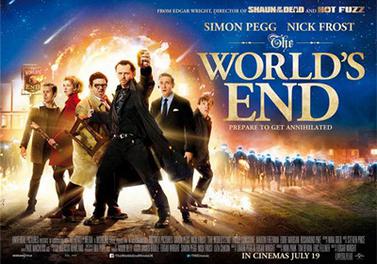


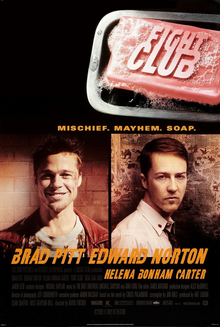





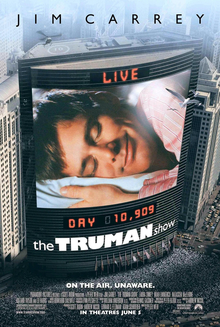
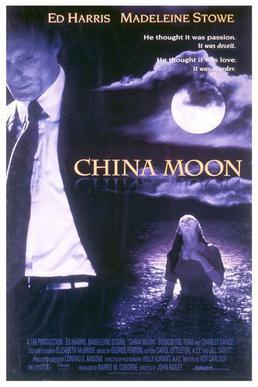
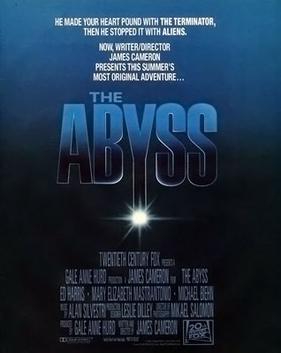






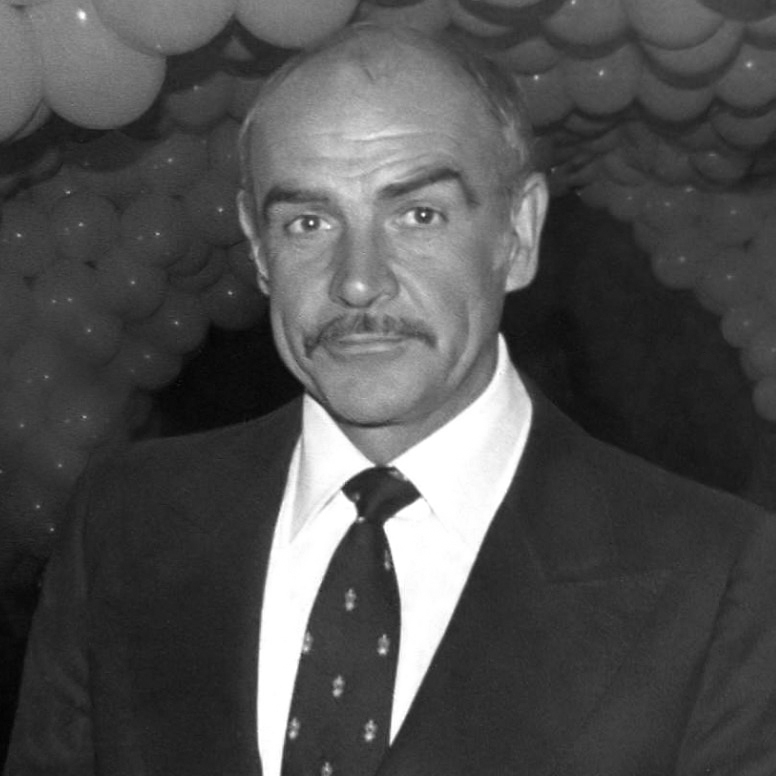
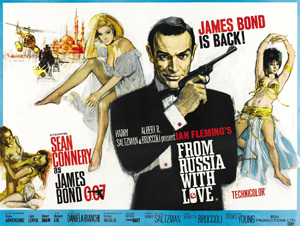
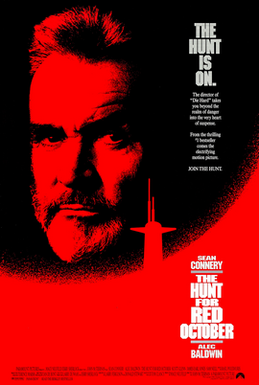
.cover.jpg)


